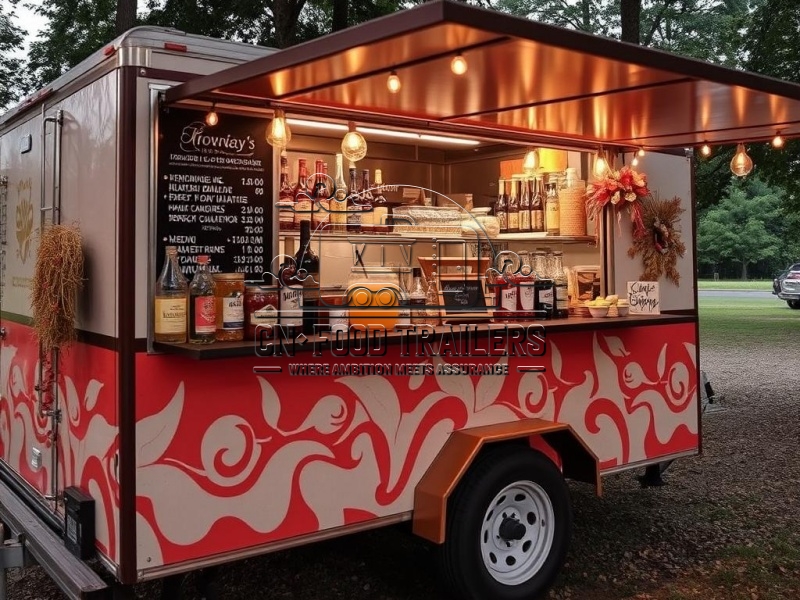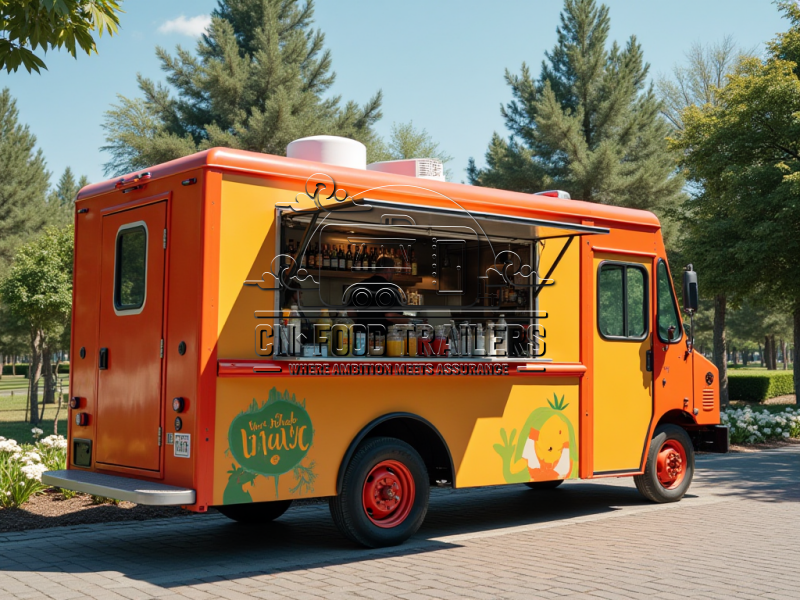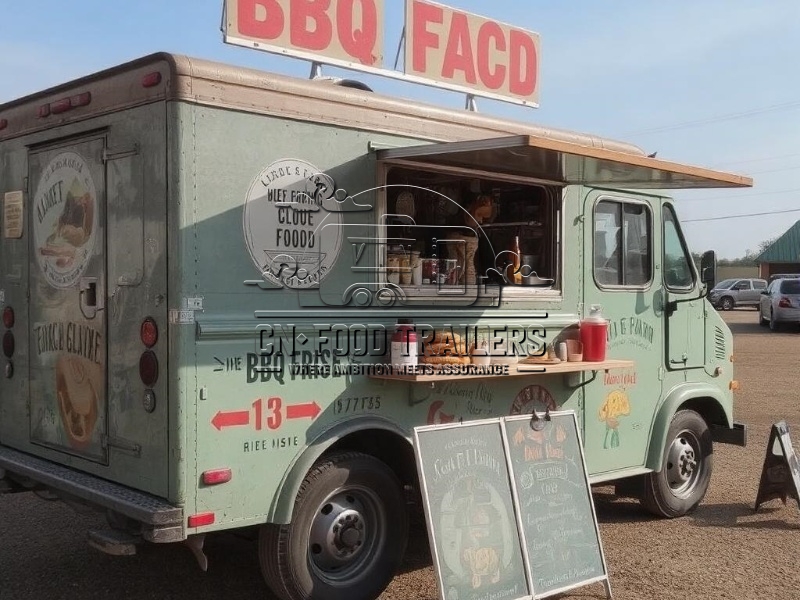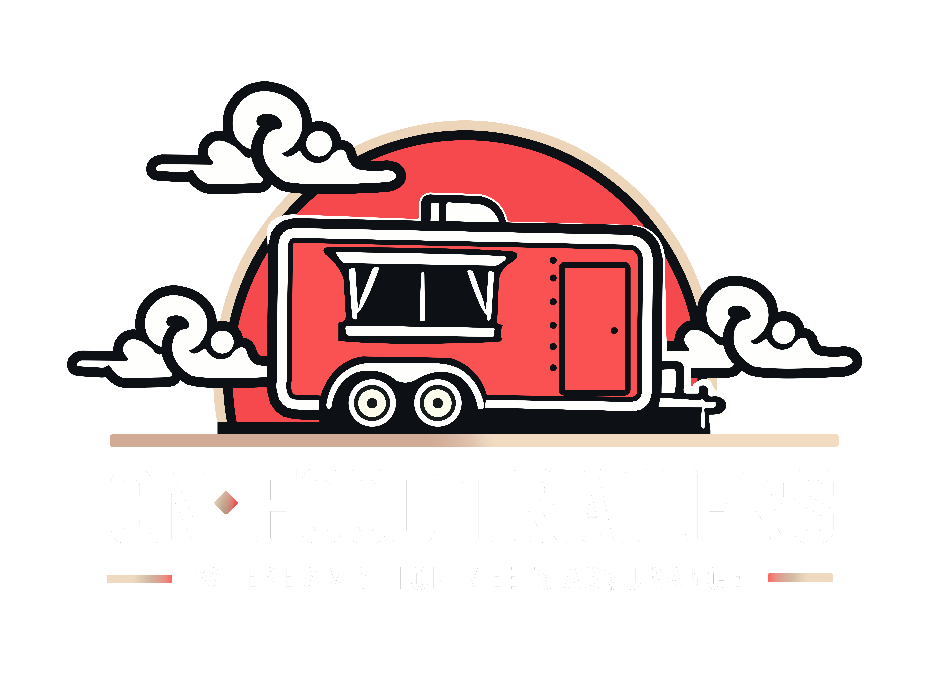A Mobile Food Trailer is a portable, towable vehicle designed to serve food and beverages in public spaces, events, or temporary locations. Unlike traditional brick-and-mortar restaurants, these trailers are highly adaptable, allowing operators to relocate based on foot traffic, seasonal trends, or community demand. Ranging from compact 6-foot carts to fully equipped 20-foot trailers, they cater to solo chefs, catering businesses, and even established brands expanding their reach.

Key Features
- Portability & Mobility: Built on lightweight, durable chassis with towing hitches, these trailers can be easily transported to festivals, markets, or private events. Some models include hydraulic lifts for effortless setup.
- Customizable Design: Exteriors can be branded with vibrant graphics, LED lighting, and serving windows tailored to the cuisine (e.g., taco stands, coffee bars, or gourmet burger joints).
- Compliance & Safety: Equipped with fire suppression systems, grease traps, and NSF-certified equipment to meet health and safety regulations.
- Energy Efficiency: Options for propane, electric, or hybrid power systems reduce operational costs and environmental impact.
- Weather Resistance: Insulated walls, retractable awnings, and climate-control systems ensure year-round operation.
Internal Equipment
- Cooking Appliances: Commercial-grade griddles, deep fryers, flat-top grills, pizza ovens, or induction cooktops.
- Refrigeration: Under-counter fridges, freezers, and cold storage units for ingredients.
- Food Prep Stations: Stainless steel countertops, sinks (with hot/cold water), and cutting boards.
- Storage: Shelving, dry storage cabinets, and utensil racks.
- Serving & Point-of-Sale (POS): Cash registers, digital menus, and order windows with serving trays.
- Utilities: Propane tanks, generators, water tanks, and waste disposal systems.
Advanced trailers may also include smart technology, such as inventory management apps or social media integration for real-time customer engagement.
Application
- Street Food & Festivals: Serving global cuisines (e.g., Asian fusion, vegan bowls, artisanal ice cream) at music festivals, farmers’ markets, and food truck rallies.
- Catering & Events: Providing on-site dining for weddings, corporate functions, or sports events.
- Brick-and-Mortar Extensions: Established restaurants use trailers to test new markets or launch pop-up concepts.
- Emergency Response: Deployed as mobile kitchens during natural disasters or community crises.
- Niche Markets: Specialty trailers for coffee, desserts, or healthy meal prep target health-conscious consumers.






Leave A Comment